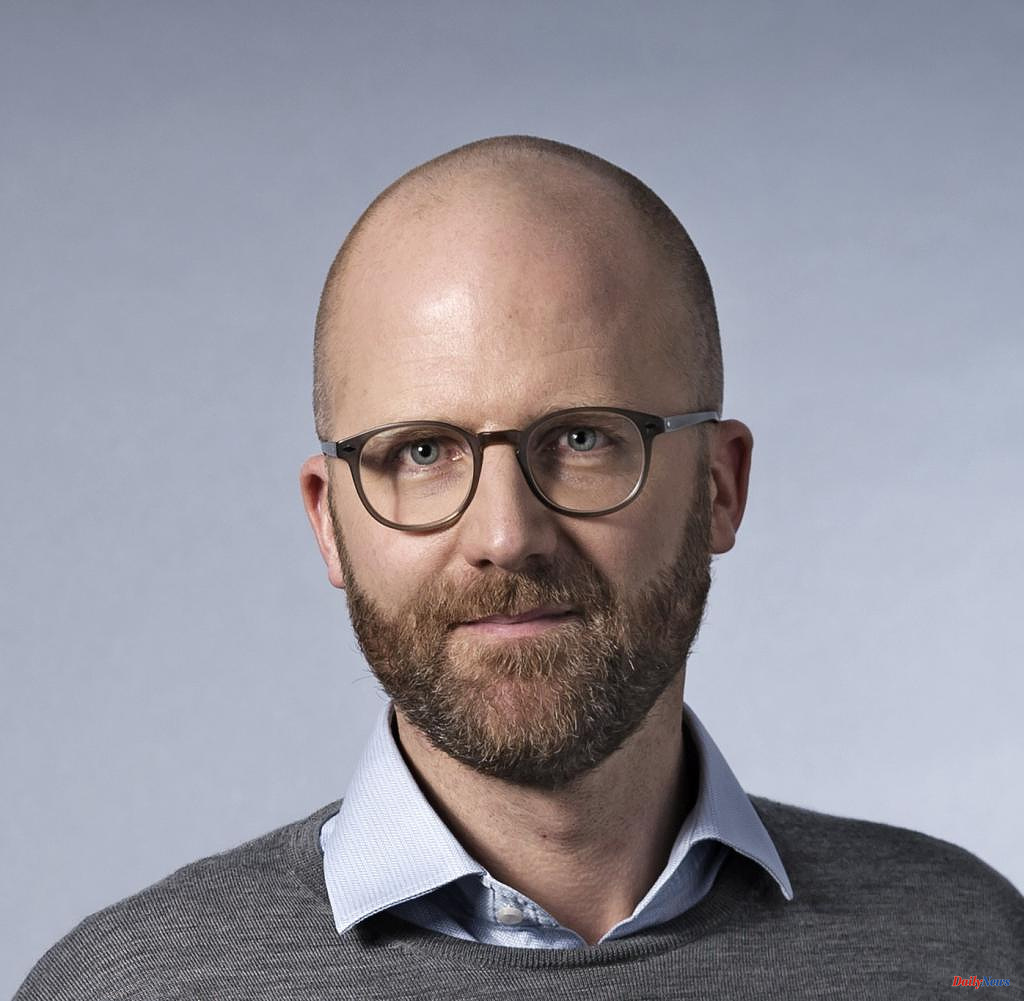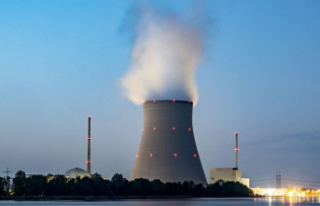A Chancellor Basta sounds different. Instead of a word of power that ended the political dispute about an excess profit tax in the coalition, Olaf Scholz (SPD) only had his deputy government spokesman, with reference to the coalition agreement, say that a special tax for energy companies was "currently not planned". The Scholz spokesman indirectly even called for no rest. It is "completely normal" that different ideas are discussed in the political arena and also within the coalition, he said.
At the weekend, several politicians - from the SPD and the Greens - urged the FDP to give up their resistance to the excess profit tax. SPD party leader Saskia Esken spoke of the fact that her party was making a new attempt to introduce an excess profit tax for corporations that were enriching themselves from the crisis.
Green leader Ricarda Lang pointed out that such a tax could finance further relief in the fall. From their point of view, it is clear who should pay the special tax: energy companies, which benefit particularly from the high oil and gas prices.
The SPD and the Greens refer to other European countries where a special tax on additional income as a result of the Ukraine war, in English “windfall profits”, has already been introduced or will soon be introduced, for example in Great Britain, Greece, Italy, Romania or else Spain.
Legally, this would also be possible in Germany, according to the lawyers of the Bundestag's scientific service in a recent report, in which they dealt with the Italian model. However, they also name the hurdles: The legislator must be able to demonstrate that the companies concerned make “undeserved profits” and let them determine them.
In view of the obvious current developments on the energy markets, it is "not impossible" that this will succeed. A restriction to traders in electricity, gas and oil does not appear "at least not arbitrary against the background of the current special scarcity and price conditions on the energy markets".
The SPD sees this as confirmation that the Italian model can also be transferred to Germany, as the SPD member of the Bundestag and State Secretary for Construction Cansel Kiziltepe, who commissioned the report, says. The additional tax revenue could provide relief for low-income households.
The Greens are also looking towards southern Europe. "We can use the Italian model as a guide in some aspects," says Katharina Beck, spokeswoman for financial policy for the Greens. However, it must be adapted to German tax law.
“From a technical point of view, the most suitable would probably be a supplementary tax on corporate income tax. We are currently looking at that conceptually,” says Beck. In addition to the solidarity surcharge, it would be the second supplementary tax. Only the federal government benefits from such a levy, the federal states and local authorities have nothing to gain from it and cannot defend themselves either.
When justifying an excess profit tax, Beck refers to the oligopolistic structures of the mineral oil market and the associated market power of the suppliers. From their point of view, an excess profit tax would be a “kind of crutch” until antitrust law is reformed, a “temporary levy”.
Finance minister and FDP party leader Christian Lindner defends himself against the coalition partner's request with a statement from his ministry's scientific advisory board. The group of renowned economists warns that a special tax would lead to "arbitrary burdens and distortions".
The gains of some years are offset by losses in other years. "Especially for the innovative power of an economy, an excess profit tax can be fatal," says the 19-page statement. Especially since political promises to use such a special tax only now and then never again are hardly credible. "Once introduced, there would be a risk that new special circumstances would be created all the time," the conclusion says.
The Federal Association of Energy and Water Management (BDEW) argues similarly. "The discussion as to whether 'windfall profits' can be skimmed off and added to the federal budget points in the wrong direction," says General Manager Kerstin Andreae, who once sat in the Bundestag for the Greens.
More than ever, massive investment decisions for the expansion of renewable energies and the hydrogen world are pending. Companies need the resources to do this. Especially since it is difficult to differentiate between an excess profit and a normal profit. The political wrangling over the special tax continues.
Podcast "Everything on shares" - current episode
"Everything on shares" is the daily stock exchange shot from the WELT business editorial team. Every morning from 7 a.m. with the financial journalists from WELT. For stock market experts and beginners. Subscribe to the podcast on Spotify, Apple Podcast, Amazon Music and Deezer. Or directly via RSS feed.












